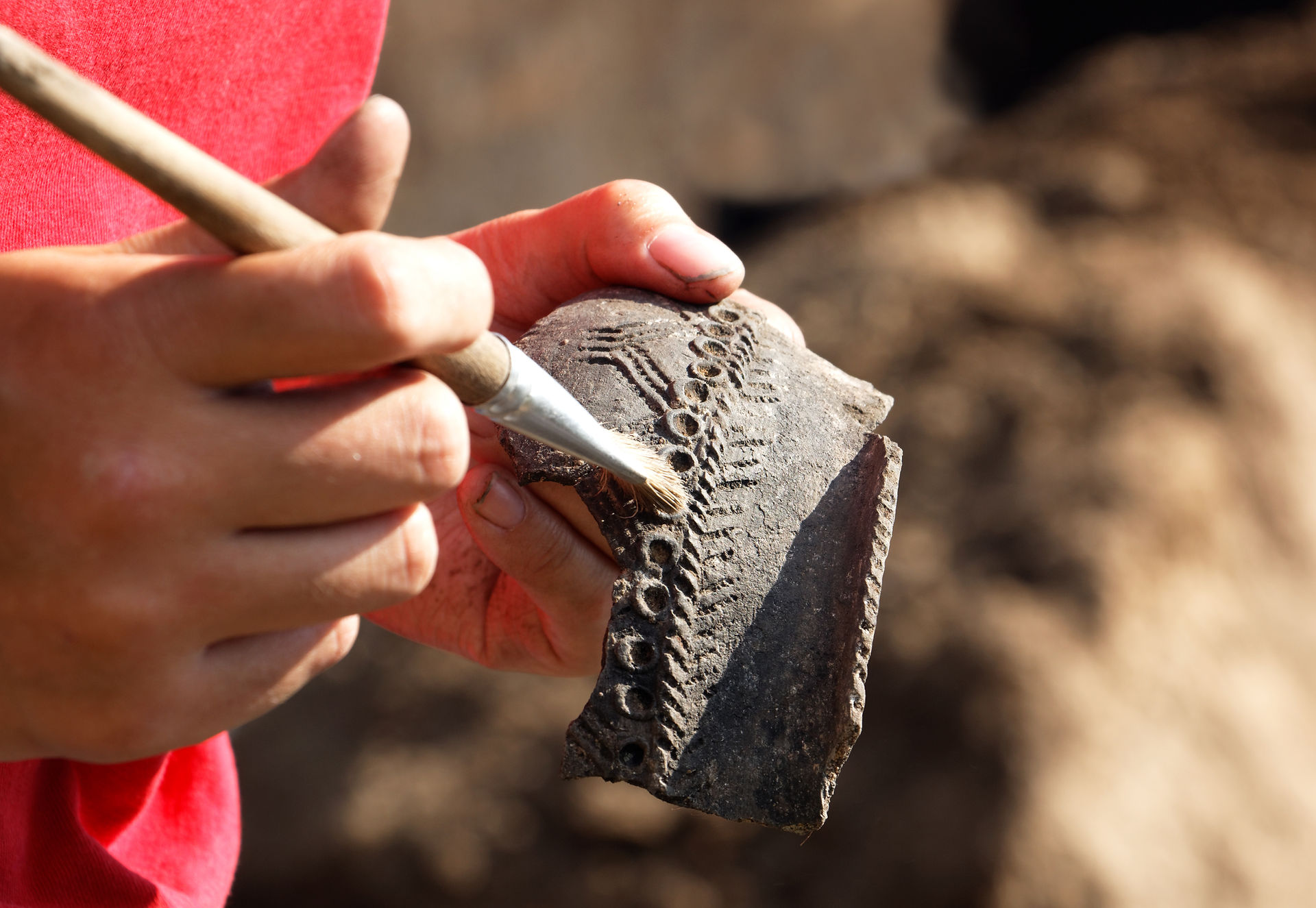

ST THOMAS
CE PRIMARY SCHOOL
.png)
HISTORY
INTENT
At St Thomas Primary School our aim is to provide a history curriculum which is meaningful, rich and deep. A curriculum which stimulates interest and curiosity and encourages pupils to work and think like historians. Pupils are required to identify and understand the different parts of a historian, carrying out pupil-size enquiries, so that they can actually DO history.
History at St Thomas involves more than simply learning about the past; pupils are required to develop a set of skills which can be used during future learning and employment. The school curriculum is informed by the national curriculum and is sensitive to pupil interest, as well as the context of the local area - Huddersfield. It is used alongside the skill progression map for history, which clearly sets out the skills pupils will practice and develop at each stage.

.png)
IMPLEMENTATION
The school’s curriculum is supported by Cornerstones 22, and the subject matter and themes chosen have been carefully sequenced, considered and designed to encourage maximum pupil engagement, motivation and interest. History at St Thomas is sequenced so that new knowledge and skills build on what has previously been taught and pupils can work towards clearly defined end points. Lessons are planned to be inclusive and accessible to all learners within the classroom. A variety of engaging and hands-on learning approaches are used during the teaching of history which stimulate interest and curiosity whilst examining historical artefacts and primary sources.
As pupils progress through school, we provide them with a chronological understanding of the past (both in Britain and the Wider World), putting time periods in context with those previously studied. In addition we teach pupils to understand how events in the past have influenced our lives today, often through investigation. Pupils are encouraged to ask searching questions and seek out relevant supporting material in order to draw conclusions from the evidence before them. They are aware that historical accounts are often presented differently and contradictory, so they are encouraged to consider the reliability of sources provided, an important skill for both history and for day-to-day life. History is enquiry based during which pupils learn how to discover, enquire, investigate, evaluate and conclude.
SEND
At St Thomas Primary we teach history to all children whatever their ability. History forms part of the school’s curriculum which provides a broad and balanced education to ALL children. We seek to provide suitable learning opportunities for all by matching the challenge of the task to the ability of the child using the adaptions such as scaffold, structure scale and style. It is of great importance that all pupils are able to access the curriculum dependent on their needs. We aim to provide the best possible support for pupils who are identified SEND or in receipt of pupil premium funding
IMPACT
Assessment of history at both KS1 and KS2 is based on teachers’ judgements. Assessment takes place at all appropriate stages of a lesson to ensure pupils understand the content of the lesson and are working towards the learning objective(s). All Assessment for learning (AFL) is used to identify gaps in pupil knowledge and skills which informs next steps. Pupils are encouraged to be active in their learning, considering where they are now, where they are going and how they are going to get there. AFL takes the form of questioning, feedback, peer assessment and/or self-assessment. We assess how well pupils embed concepts in their long term memory and apply them fluently; developing their understanding rather than memorising disconnected facts.
A range of monitoring and evaluation techniques are used by the history subject leader to ensure first quality teaching and learning of history is taking place within school and these include book scrutiny, planning drop ins, talking with pupils (what helps them and what don’t they understand or enjoy?) and learning walks. The quality of teaching and learning is also monitored as part of the appraisal process.
RELEVANT DOCUMENTS
RECOMMENDED WEBSITES
KS1 History
BBC Bitesize



